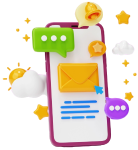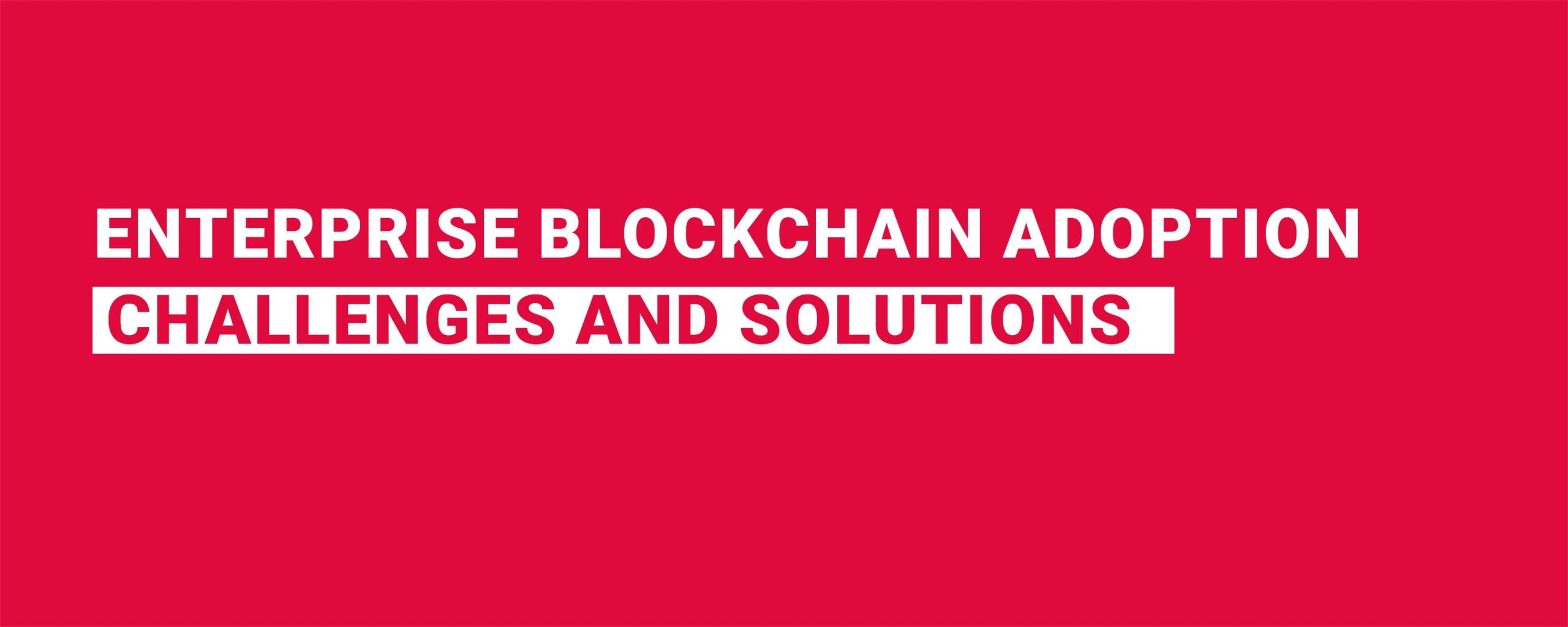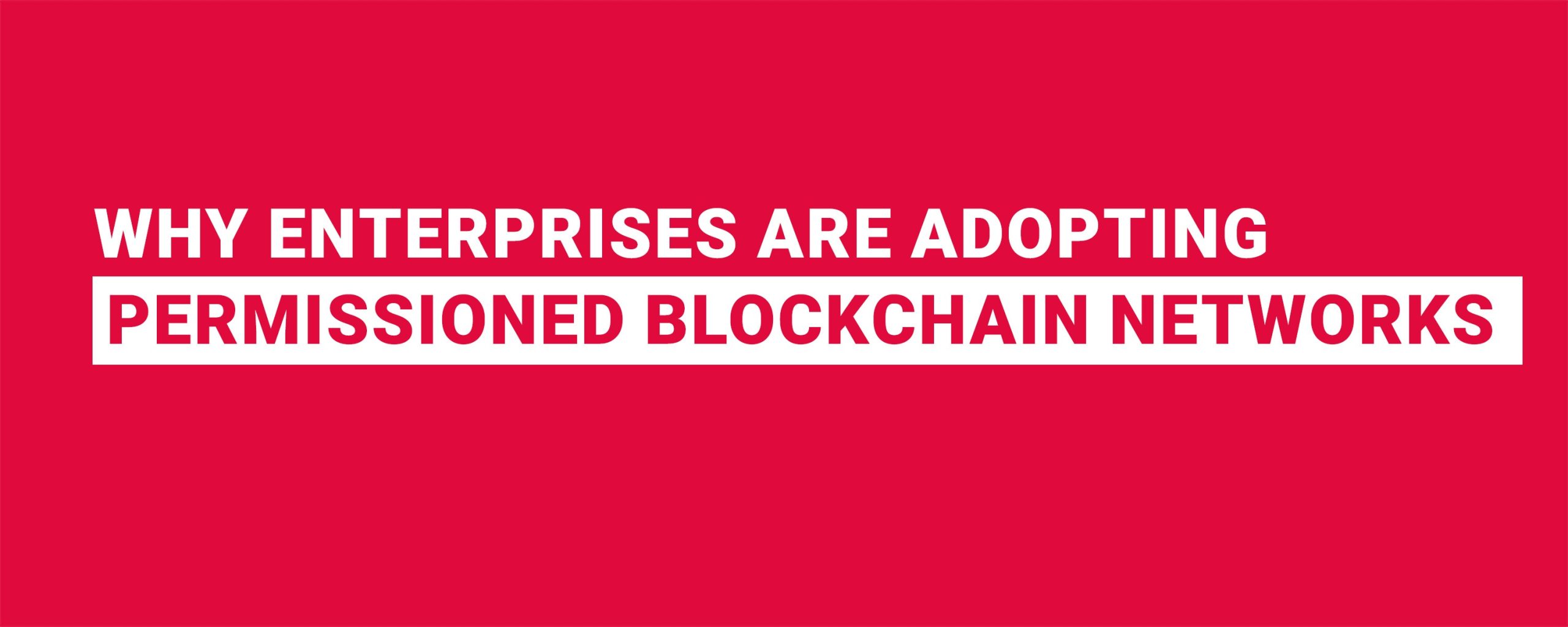How to Create a Custom AI Agent That Fits Your Business Needs?
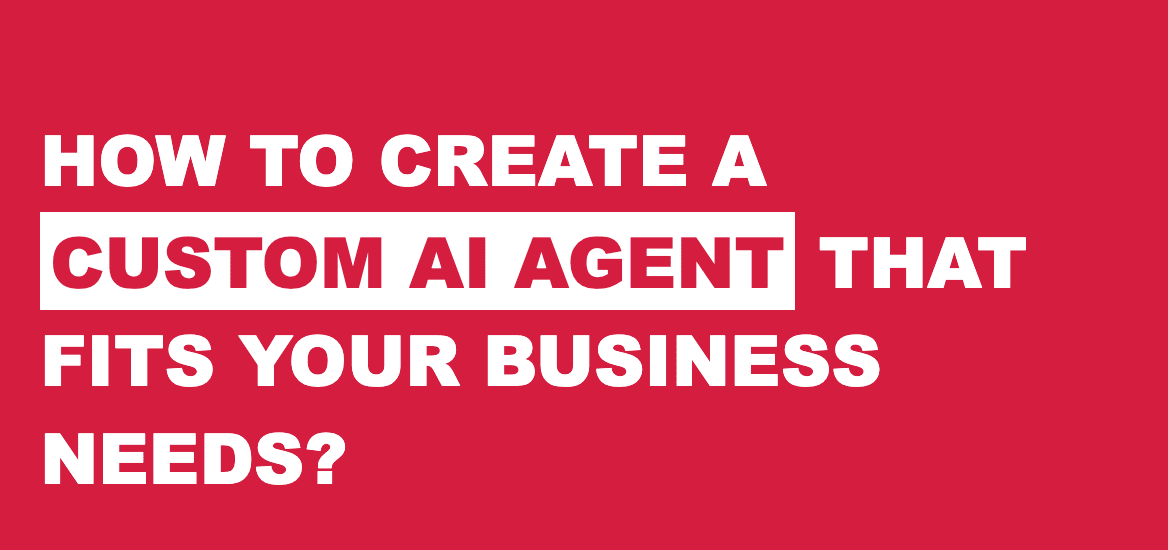
For a business to stay ahead of the competition in the marketplace, it needs to implement the latest trends in the market. However, the use of AI agents in growing is creating a good way of communicating with users for the business. There are many AI agents available, but for a company that is more specific to its product or service needs, custom AI agent development.
Implementing AI agents in business can help automate tasks that help them to make better decisions. A custom AI agent can help a business to create unique workflows that meet customer expectations and make the business operation at ease. This guide provides in-depth information about custom AI agent development and the steps involved in the development process.
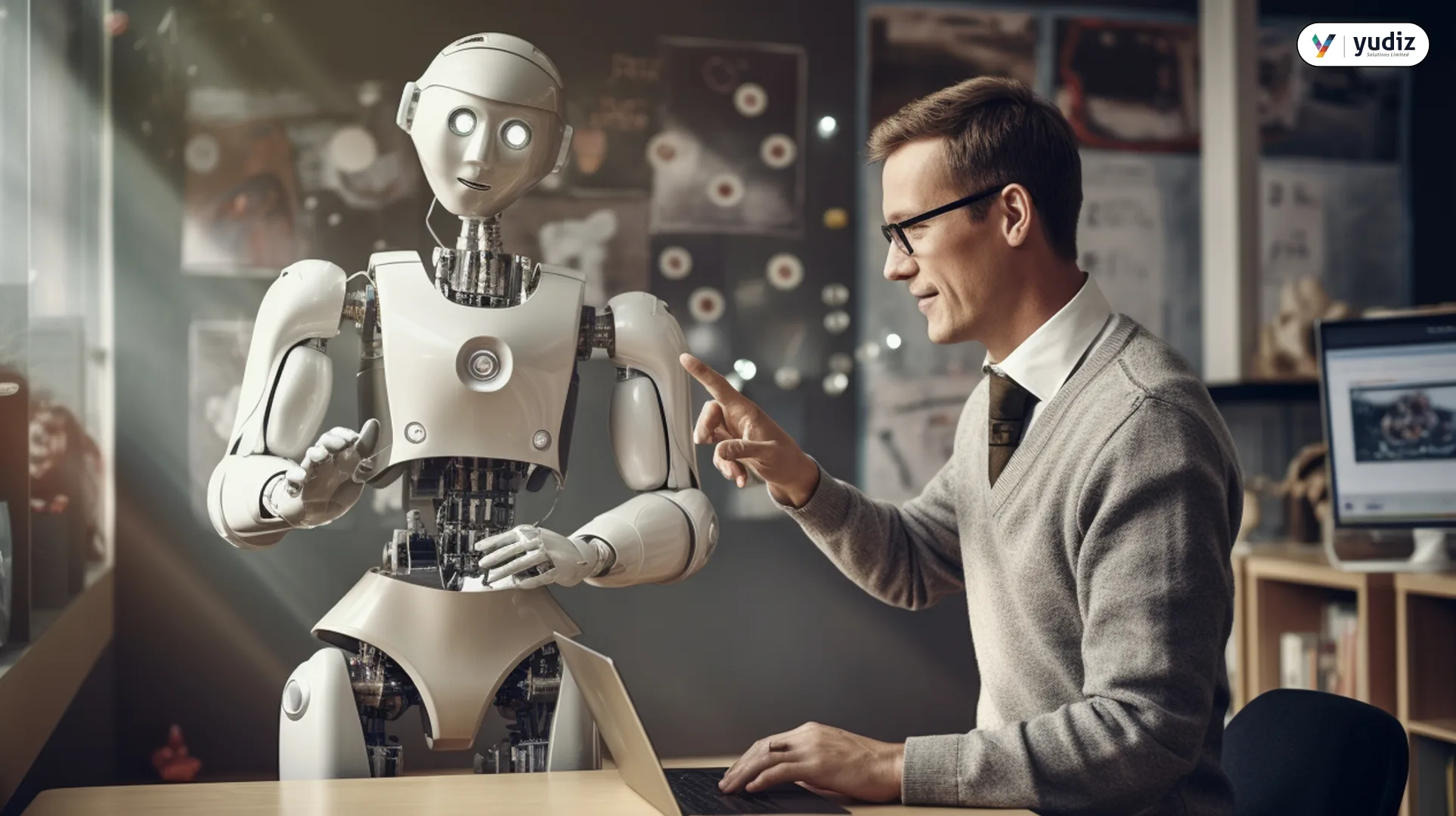
What are Custom AI Agents?
A custom AI Agent is an artificial intelligence system that performs specific tasks as per the business requirements. They can perform the task autonomously or semi-autonomously. During the custom AI agent development process, it has been trained as per the proprietary data of the business, and the optimization is done as per the business needs.
Different Types of Custom AI Agents for Businesses
| Custom AI Agent Type | Description |
|---|---|
| Conversational AI Agents | Customer support with virtual assistants and chatbots |
| Process Automation Agents | Automation of repetitive tasks like data entry, invoicing, or HR processes |
| Predictive Analytics Agents | Analyzes historic data, predicts future trends, sales, or inventory demands |
| Recommendation Agents | Provides personalized products or service recommendations by analyzing the user’s search history |
| Decision-Support Agents | Helps in making strategic business decisions based on data insights |
Why Business Invest in Custom AI Agent Development?
Before moving forward to build a custom AI agent, a business must know how it can outperform the generic AI tools.
- Tailored for Business: They understand your business, domain, workflows, and customers
- Accuracy: Custom agents are intended to deliver accurate results as they have been trained based on proprietary datasets
- Better ROI: Automation helps to reduce the operational cost & also improves efficiency.
- Competitiveness: Differentiate your business in the competitive market with a unique custom AI agent.
- Scalability: A well-designed custom AI agent helps your business become more scalable.
Also read about: AI Agents Explained: Types, Functions & Where They’re Used
How to Create a Custom AI Agent for Business? Step by Step Guide
For a custom AI agent development, to make it run smoothly and deliver a seamless experience needs to follow a development process. The following are the steps that help build AI agents for business. It includes –
Step 1: Identify Your Business Scope
The first step before delving into custom AI agent development is identifying the scope of development. Have a clear understanding and outline of the purpose of building a custom AI agent. As there are many types of AI agents, they have their applications. Hence, it is important to identify the scope of the business.
Step 2: Gathering Information
An AI agent is all about the quality and quantity of information. However, it reflects the real-world scenarios that include structured data, unstructured data, and third-party data. The steps to data preparation include data cleaning, data labeling, and data segmentation.
Step 3: Selecting Technology Stack
This is the backbone for AI agent app development. Hence, selecting the right technology stack can help with success and best results. The technology stack includes –
| Technology | Description | Framework |
|---|---|---|
| Natural Language Processing (NLP) | For chatbots, voice assistants, and text analysis | OpenAI, Google Dialogflow, Rasa |
| Machine Learning (ML) and Deep Learning | For predictions and automation. | TensorFlow, PyTorch, Scikit-learn |
| Computer Vision | For image or video analysis | OpenCV, YOLO, Detectron2) |
| Reinforcement Learning | Agents that learn by trial and error. | – |
Step 4: Designing AI Agent Architecture
There are multiple components required for the seamless functioning of AI Agents. It includes –
- Input Layer – This is the user input. It may be voice, text, image or data stream
- Processing Layer – ML/NLP algorithm to be implemented for the input to be interpreted
- Decision Layer – Implementation of logic and predictive modeling for the next action to be taken
- Output Layer – The result of the input given. The output can be in the form of text, voice, or action as requested by the user.
- Integration Layer – Integrating with existing CRM, ERP, or other business systems.
Step 5: Training & Testing
As per the dataset AI agent needs to be trained and tested. The training process includes –
- Supervised Learning: Used for chatbots and prediction analysis
- Unsupervised Learning: It identifies the anomalies and cluster with customer segment
- Reinforcement Learning: To learn optimal strategies with trial and error.
Different types of testing include –
- Unit Testing – Testing of each component.
- Functional Testing – Check if the agent functions properly for a specified task
- User Acceptance Testing (UAT) – Testing usability with real users
- Load Testing – Testing the scalability in case of high traffic
Step 6: Integrating AI Agents into Business Operations
At this stage, it involves integrating an AI agent into a business system or operations.
- CRM/ERP Integration: This is for customer & sales agents
- Website & Mobile App Integration: Includes chatbots and virtual assistants
- API Integration: Connecting third-party services like payment gateways or analytics platforms
Step 7: Monitoring
Just doing AI agent development is not done. It requires continuous monitoring that includes –
- Monitor Key Metrics: Check for accuracy, response time, user satisfaction, and ROI.
- Regular Updates: Updating with fresh data that helps to improve performance
- Scalability: Adding new features, upgrading servers, and exploring new departments
Also read about: Designing User-Friendly AI Agents for Education: Enhancing Learning in 2025
Revolutionize with AI Today!
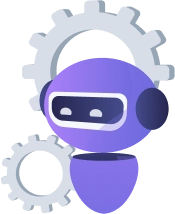
Conclusion
Are you a business or an enterprise looking for custom AI agent development? However, this is a strategic concept that one should develop for the business. Calculatively, as a business owner, implementing an AI agent in business can help to focus on different business operations, saving time and money. This helps businesses to work in other areas, time zones and meet the customers’ requirements.
AI Agent development service can be done for different industries. This includes healthcare, government, supply chain, travel, and real estate, etc. Along with this, it can give more customized options to businesses to get the desired outcomes. However, with the help of expertise, it all depends on choosing the right AI agent development company that delivers multi-agent architectures as well as security-first implementations
Frequently Asked Questions
A custom AI agent is an intelligent software program that is customized for the business in order to perform targeted tasks. It is trained on unique data and workflows, making it more accurate and relevant to business needs.
It can create automation workflows that interact with customers and make predictions that help in decision-making. They are used in industries like e-commerce, healthcare, finance, and logistics to save time, reduce costs, and enhance overall efficiency.
The benefits of a custom AI agent for small businesses include automating repetitive tasks, saving time, and reducing operational costs. It helps make smarter business decisions and provides personalized recommendations for customers, which helps in improving satisfaction and loyalty. It can handle inquiries 24/7, ensuring better customer service even with limited staff.
The cost of developing a custom AI agent varies as per the requirements. A basic AI chatbot or virtual assistant can cost around $5,000 to $15,000, while advanced agents with machine learning, predictive analytics, or natural language processing may range from $20,000 to $100,000 or more
AI agents improve business efficiency by automating repetitive and time-consuming tasks, allowing employees to focus on high-value work. However, they help in saving time, cut operational costs, and increase productivity, driving smarter and more efficient business operations.
The industries that benefit most from custom AI agents are ecommerce, healthcare, finance and banking, logistics and supply chain, manufacturing, real estate, education, etc.
The steps to integrate an AI agent into existing systems are –
- Identify Your Business Scope
- Gathering Information
- Selecting Technology Stack
- Designing AI Agent Architecture
- Training & Testing
- Integrating into Business Operations









